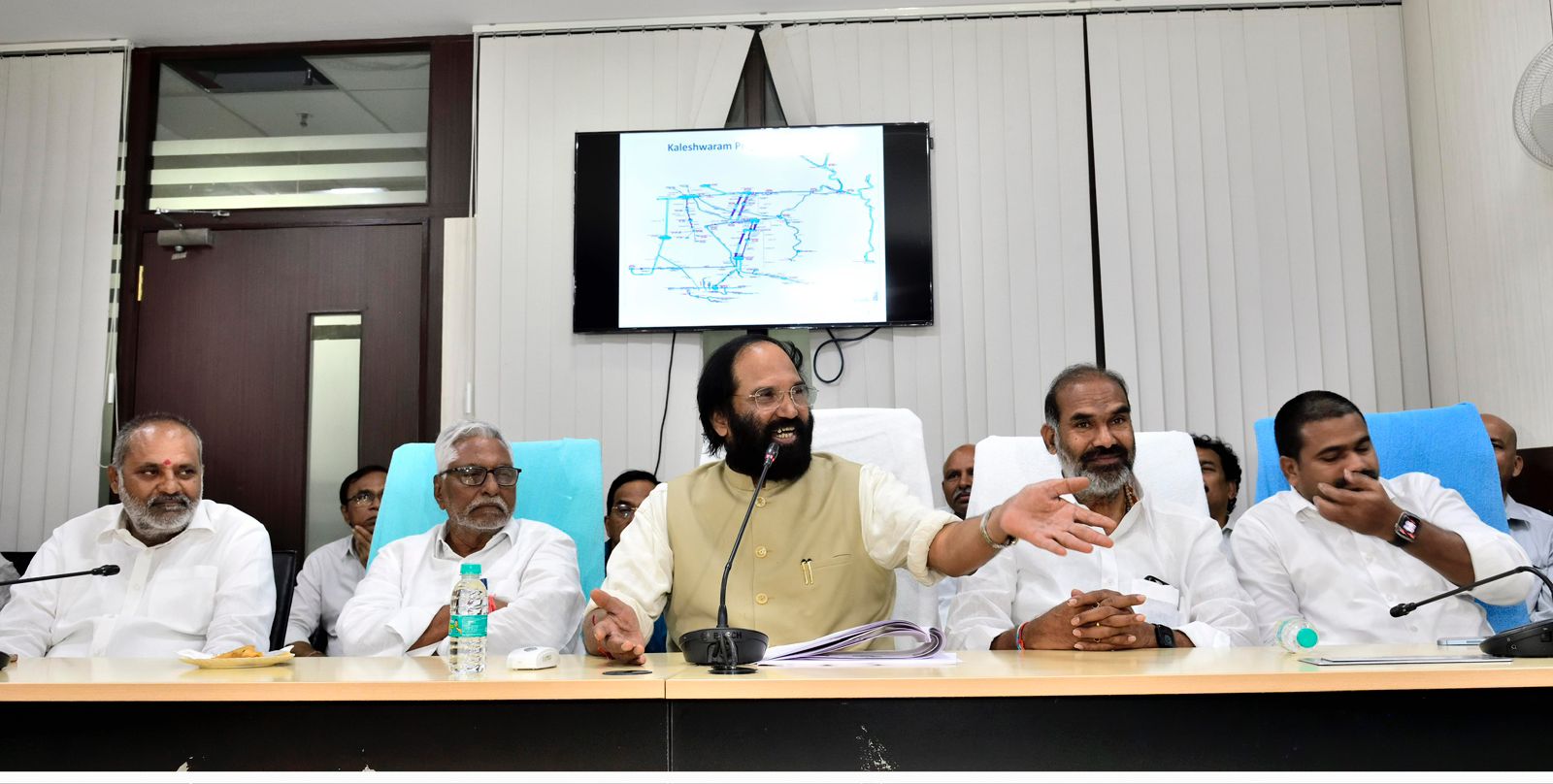Manipur – time to reconcile and restrain

Well, the 21 members of Parliament (MPs) of the multi-party Opposition delegation has visited the strife-torn north-eastern state of Manipur. Despite a mild criticism from the ruling Bharatiya Janata Party (BJP)-led National Democratic Alliance (NDA) government, MPs of the 16 Opposition parties of the Indian National Developmental Inclusive Alliance (I.N.D.I.A.) bloc completed their two-day visit, finding that by and large the people are quite disillusioned with the present dispensation headed by Chief Minister Biren Singh. That’s the only charge the Opposition can put forward to justify its visit as the state is headed by its adversary, the saffron party, forgetting the fact that earlier it was ruled the troubled state for 25 long years. Not only deadly arms and ammunitions were smuggled into by insurgency groups patronized by the rogue nation China but, of late, also accused of pushing in narcotics, to further aggravate the situation. Surprisingly, this fact has been the root cause of the present conflict between the age-old rivalry between the Meities and Kukis, the major communities, in the state.
Other factors like denial of Meities’ demand for a scheduled tribe reservation, which was restricted to the Kukis, only aggravated the situation.. And, it was the erstwhile Congress government, which stirred the hornet’s nest, by proposing to extend such facility even among the Meities. As it lost power and the BJP, which rode to power with regional satraps, revived that proposal, by mischievously taking the legal route. Against these factors, which might have attributed to the second prolonged violence in the state (there was a six-month-long unrest during the Congress regime), it is unfair to politicize the present or past unrest. Yet, in a robust democracy like India, such conflicts become the key factor to the ruling party. As a result, the ruling dispensation, irrespective of party affiliations, defends itself by dubbing it in different ways. And, the same rightist BJP, which used to make it an issue to derive political mileage and also disrupt the parliament proceedings in the past now finding itself at the receiving end, is crying foul. It may even dub the I.N.D.I.A. bloc of suffering from selective amnesia and raise other similar incidents that might have occurred in other Indian states like Bihar, Rajasthan, Uttar Pradesh or West Bengal. Yet, one who respects democratic functioning welcomes the objective of the Opposition’s visit – that’s to ascertain the ground realities led to the clashes. Having said that, the Opposition should be strict in its promise made to the nation that they will submit a comprehensive report on the past 80-day mayhem in Manipur and also make constructive suggestions to overcome it. Thus, it should submit its report and the treasury benches should accept it for a healthy debate in the Parliament, to find out a permanent solution to the problems that persist in the most sensitive border state.
Although either of them – the ruling or the Opposition dare deny that the clashes between the major two sects – Meiteis (those living in the plains) and Kukis (the tribals occupying the predominant Hills bordering Myanmar) are not new and do exist even before the state was formed after independence. However, these clashes were dismissed in isolation and primarily it was attributed to insurgency. Added to that the geo-political border dispute between expansionist China with India can be another major indisputable fact. Thus, China, like Pakistan in the West, had been using Myanmar as the battleground to wage an insurgency war against India, to irritate and destabilize peace and tranquility in the northeastern states along the Himalayan ranges, quite often. The Chinese hegemony or one-upmanship to bully India has gone unchallenged since the Britishers left India providing controversial geo-peripheral, maybe with some vengeance. This is evident from the fact that with no clear cut international borders drawn, both China and India continue to wrangle over their jurisdiction. China has border disputes not only with India, but also with almost all nations that share borders with it. As it happens in a Communist-led nation, it’s the party – Communist Party of China – which is supreme and people per se have no voice over the policies pursued by the government.
That being the difference between both the neighbours, it is time to work for better cohesion among ruling and Opposition parties to protect the sovereignty and integrity of India. This is in the wake of bitter experiences with China in the 1962 conflict, which led to losing not only a large chunk of Indian territory around Aksai Chin but also facing humiliation. Losing the war and land to China during the early days of independence may be understandable. But, today India looks much strong economically and militarily, not to win a war against a developed superpower like China, yet in a position to defend its borders and challenge the aggressor. Hence, it would be advisable for the Opposition as well as the ruling party to sit together and find an amicable solution, keeping their political rivalry in the back burner, to serve the country’s larger interests. The political parties must also ponder when India is recognized as an emerging economic power in the world whether the electorate accept them indulging in parochial issues! That too when the general elections are just less than a year away and hence utmost caution and restraint for both the treasury and Opposition benches are imperative to send out a strong message that India is united in adversities and wishes to remain as one.




